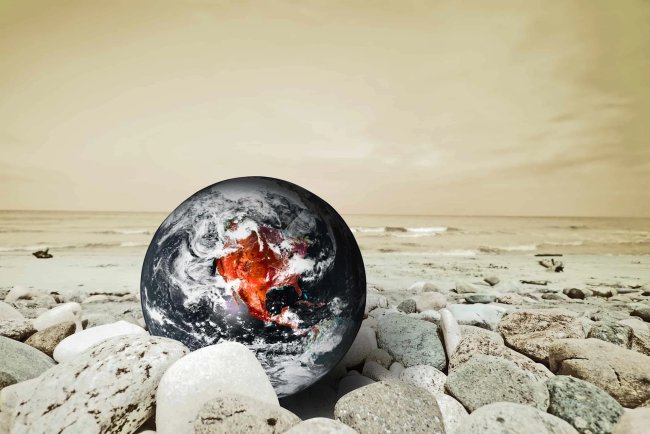Economic Survey 2024-25: Reducing Import Dependency Crucial for Achieving Climate Goals, Says CEA

India's Economic Survey 2024-25 focuses on energy security, critical minerals, and challenges in the way of electric vehicles.
The Economic Survey 2024-25, presented in the Parliament on February 1, 2025, says energy security and affordability will constitute the prime parameter for India's economic competitiveness. Importantly, ensuring indigenous production of all critical minerals including EV-related components shall pave a smoother pathway for a peaceful energy transition as this will be reducing reliance on imported energy.
Energy Security and Critical Minerals
That scenario increases the demand for such critical minerals like lithium, cobalt, and rare earths. The latter are critical for the production of solar panels and wind turbines, as well as electric vehicle batteries. However, at the international level, it means a whole supply chain managed largely by China, thus implying an enormous geopolitical risk to the energy ambitions of India.
To obviate this dependence, the Union Cabinet recently cleared the National Critical Minerals Mission to strengthen the country's domestic mining and processing capabilities. This should reduce import dependence for India and help the country's renewable energy and EV industries
Critical Challenges in EV Manufacturing
Electric mobility perfectly matches India's strategic objectives, as it cuts across carbon emissions reduction and ensures India is independent and self-reliant on its energy security front. The problem, however, lies with the Economic Survey-the high import dependency in the electric vehicle sector. Most critical components-lithium-ion batteries and semiconductors - imported from countries India has significant trade deficits with.
For this, the government would need to shift focus on technologies developed locally as well as on acquiring raw materials from home. To gain freedom from other's battery, the strategy push should be towards the local production of the same product and alternative buying of import-substituting raw materials.
.
Strategy and Policies in the World of Energy Transition
According to Economic Survey 2024-25, the strategy for the transition towards a low-carbon future should be suitably crafted by keeping India's distinctive economic and geopolitical circumstances in view. The suggestions are as follows:
Boost domestic energy production - Indigenous development of renewable energy, nuclear power, and coal-based energy, with fossil fuel dependence decreasing over time.
Set up a strong domestic supply chain- Promote local manufacturing of critical minerals and other EV parts, reducing reliance on imports
Invest in energy storage and grid infrastructure- Strengthen the country's grid to absorb more renewable energy addition while improving energy efficiency
Assure energy affordability- Ensure low cost of energy for industries and consumers so that the economy of the country keeps remaining competitive
PIB.GOV.IN
.
No Climate Finance Pledges at COP29
The Survey further criticizes developed countries for being procrastinators in their commitment for Climate finance at the COP 29 summit. The financial support to the renewable energy projects and climate resilience has not been satisfactory and even termed to be inadequate despite being demanded by developing nations time and again. The report highlights fair global funding mechanisms for making countries to India shift to cleaner modes of energy without disruption to its economy.
PIB.GOV.IN
.
Conclusion
Energy security is an imperative, and among the major challenges are further strengthening it, boosting the domestic production of critical minerals, and reducing dependency on imports related to EVs. Thus, while the Economic Survey 2024-25 showcases India's commitment to sustainable growth, much stronger global cooperation is called upon to tame the climate challenge.
Source: Press Information Bureau (PIB), Government of India
What's Your Reaction?

















